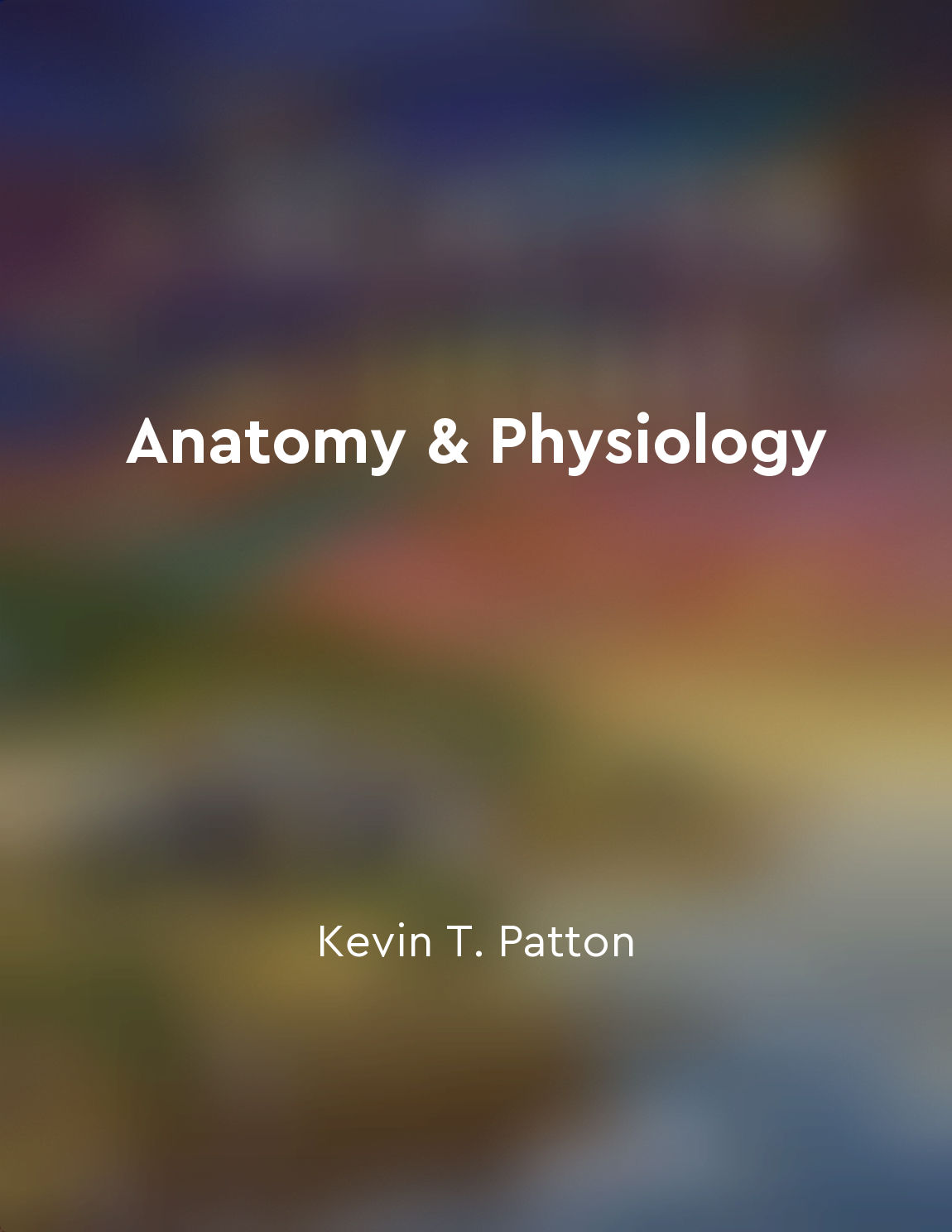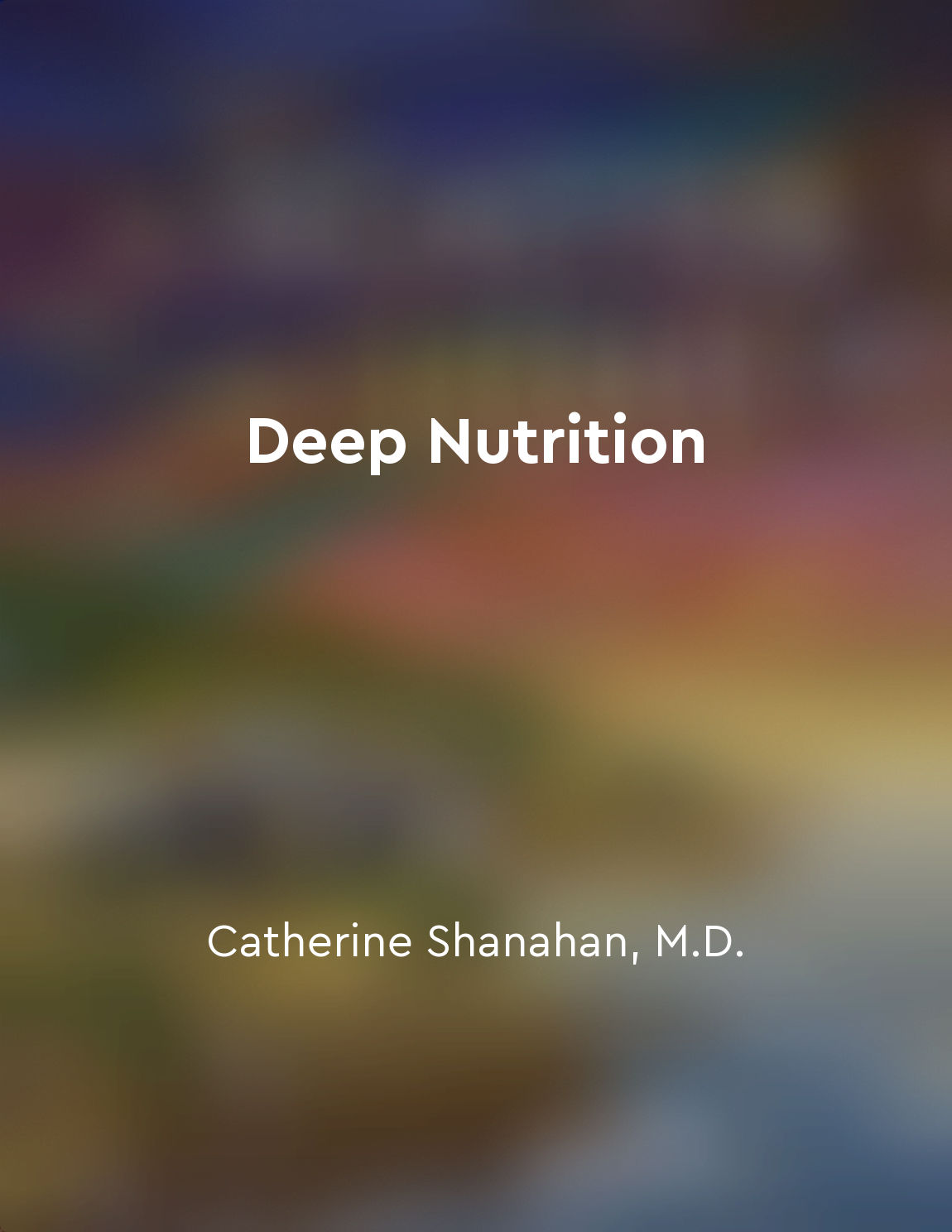The key to hormonal balance is understanding your body's natural rhythm from "summary" of Womancode by Alisa Vitti
To achieve hormonal balance, it is crucial to acknowledge and respect the intricate dance of hormones within our bodies. Each of us has a unique hormonal rhythm that governs our energy levels, mood, metabolism, and overall well-being. By tuning into this rhythm and understanding its ebbs and flows, we can better support our hormonal health. Our hormones are not static but dynamic, fluctuating throughout the month in response to various factors such as stress, diet, sleep, and exercise. These fluctuations are not random but follow a predictable pattern, known as the menstrual cycle. By paying attention to our menstrual cycle and the changes it brings, we can gain valuable insights into our hormonal health. The menstrual cycle consists of four phases – menstruation, follicular phase, ovulation, and luteal phase – each characterized by distinct hormonal shifts. During menstruation, estrogen and progesterone levels are at their lowest, leading to symptoms such as fatigue and mood swings. As we move into the follicular phase, estrogen begins to rise, boosting energy and mood. Ovulation marks the peak of estrogen production and is a time of heightened fertility and vitality. Finally, the luteal phase sees a rise in progesterone levels, which can lead to symptoms like bloating and irritability. By understanding these phases and their hormonal dynamics, we can tailor our diet, exercise, and self-care practices to support our hormonal balance.- Hormonal balance is not about suppressing or manipulating our hormones but about working with them in harmony. By aligning our lifestyle with our natural hormonal rhythm, we can optimize our health and well-being. It is a journey of self-discovery and empowerment, where we learn to listen to our bodies and respond to their needs with compassion and understanding. Through this process, we can unlock our full potential and embrace the beauty of balanced hormones.
Similar Posts

The brain controls higher cognitive functions and emotions
The brain, the central organ of the nervous system, is responsible for controlling higher cognitive functions and emotions. Thi...
Hormones influence sexual desire
In the intricate dance of sexual desire, hormones play a crucial role. These chemical messengers, produced by various glands in...

Incorporate intermittent fasting for metabolic health
Intermittent fasting is a practice that has been around for centuries, but it is only recently that science has begun to uncove...
Hormones regulate various physiological processes in the body
Hormones are chemical messengers produced by endocrine glands in the body. These hormones play a crucial role in regulating var...
Consider food sensitivities
When it comes to your health and well-being, it's essential to consider any potential food sensitivities you may have. Food sen...
Menopause is a natural phase in a woman's life
Menopause is a natural phase in a woman's life that marks the end of her reproductive years. It is not a disease or a condition...
Mutual respect and understanding are foundational to a healthy sexual relationship
Mutual respect and understanding are essential components of a fulfilling sexual relationship. When both partners approach each...

